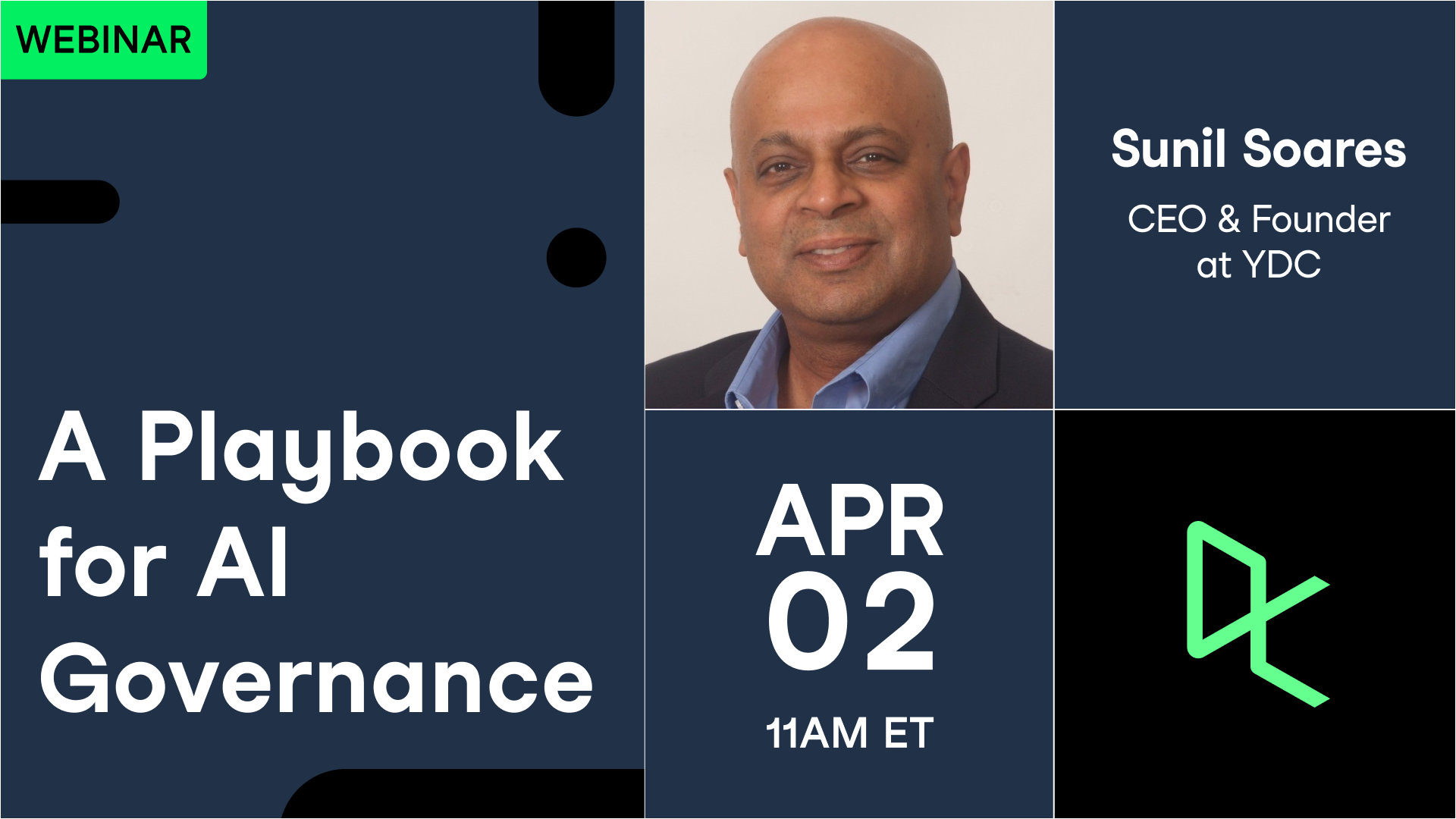Related
webinar
Building Trust in AI: Scaling Responsible AI Within Your Organization
Explore actionable strategies for embedding responsible AI principles across your organization's AI initiatives.webinar
Assessing Your Organization's AI Maturity
Eryn Peters, Co-founder at AI Maturity Index, will share a comprehensive approach to evaluating your organization’s data and AI maturity.webinar
Increasing Your Organization's Data & AI Maturity
John Thompson, the Head of AI at EY, and Robin Sutara, a Field Chief Data Strategy Officer at Databricks, teach you how to assess your data and AI maturity, and how to improve it.webinar
Leading with AI: Leadership Insights on Driving Successful AI Transformation
C-level leaders from industry and government will explore how they're harnessing AI to propel their organizations forward.webinar
From Learning to Earning: Navigating the AI Job Landscape
Dmitry Shapiro, CEO at MindStudio.ai, Alex Jaimes, Chief AI Officer at Dataminr, and Caryn Tan, Learning Solutions Architect at DataCamp, will guide you through the evolving landscape of AI careers.webinar

